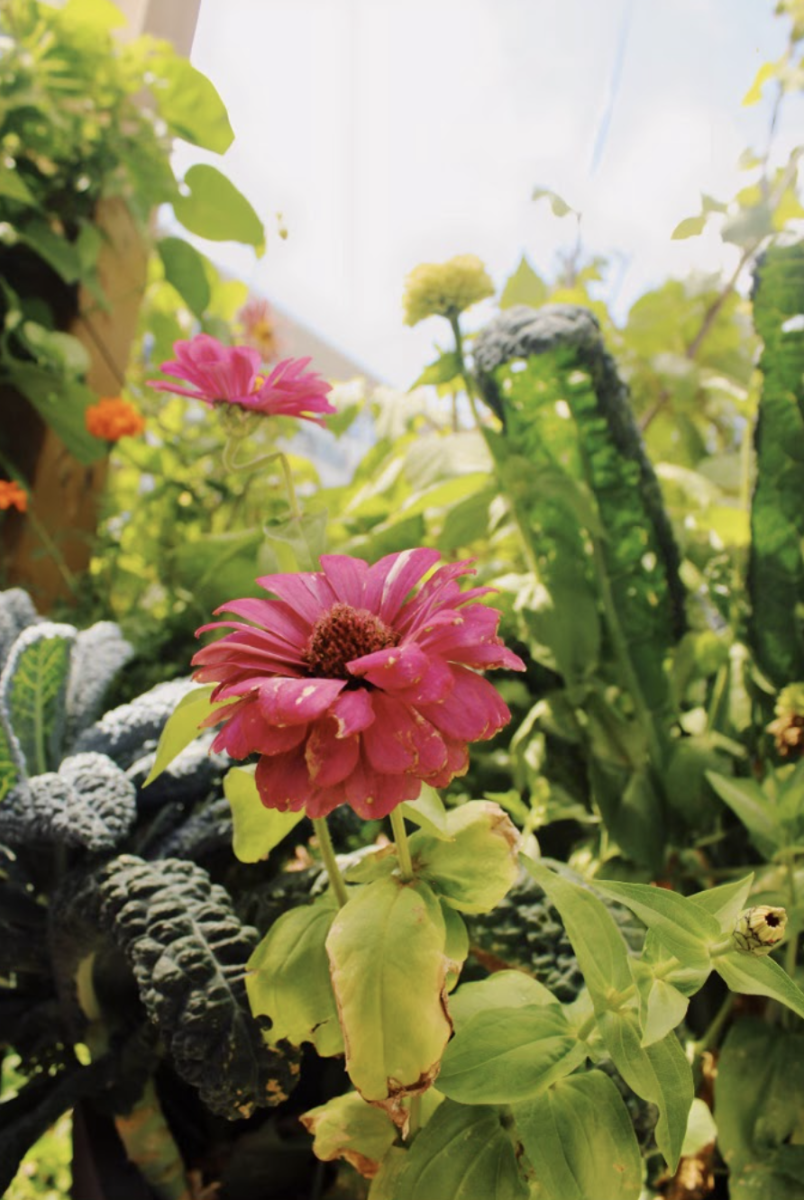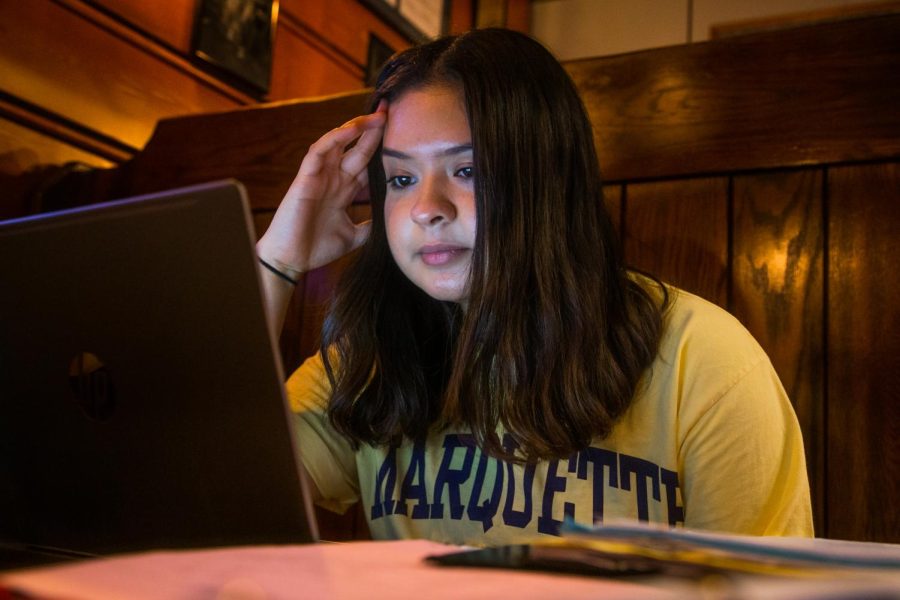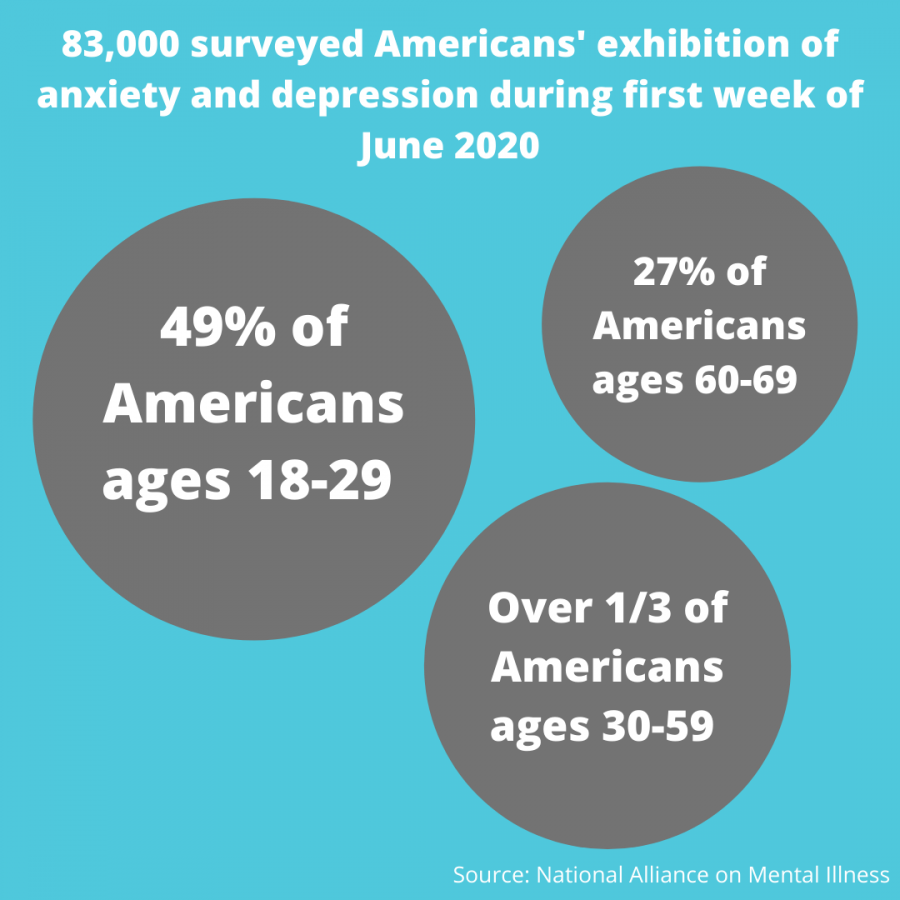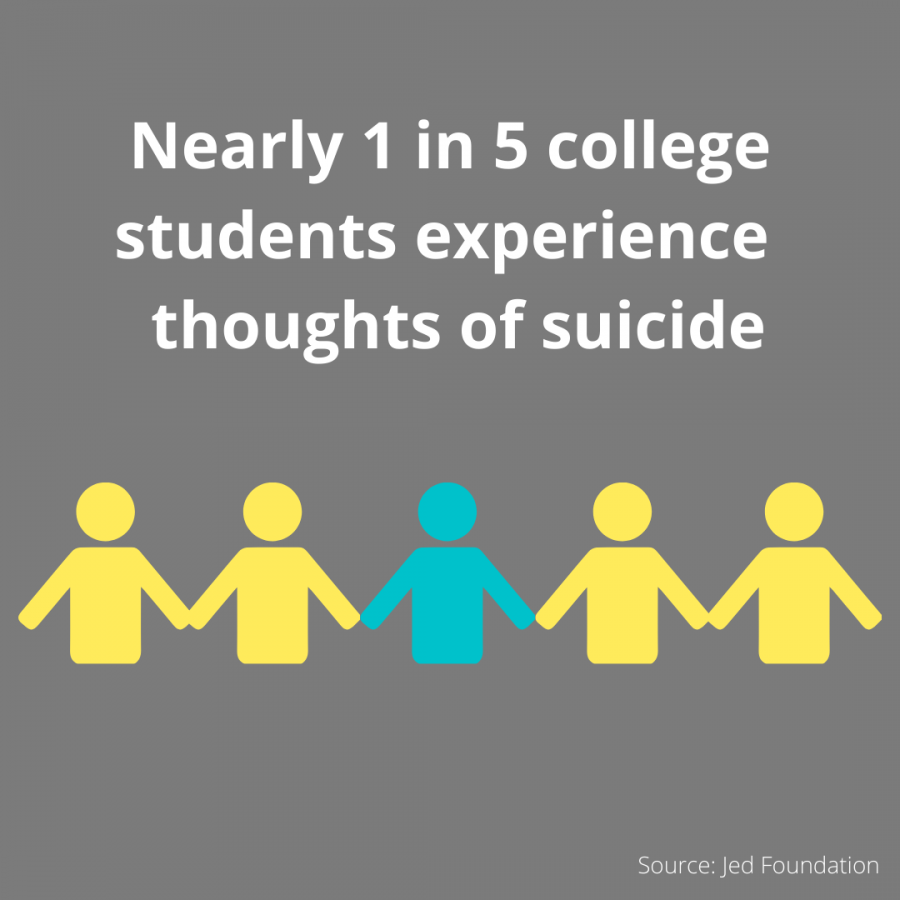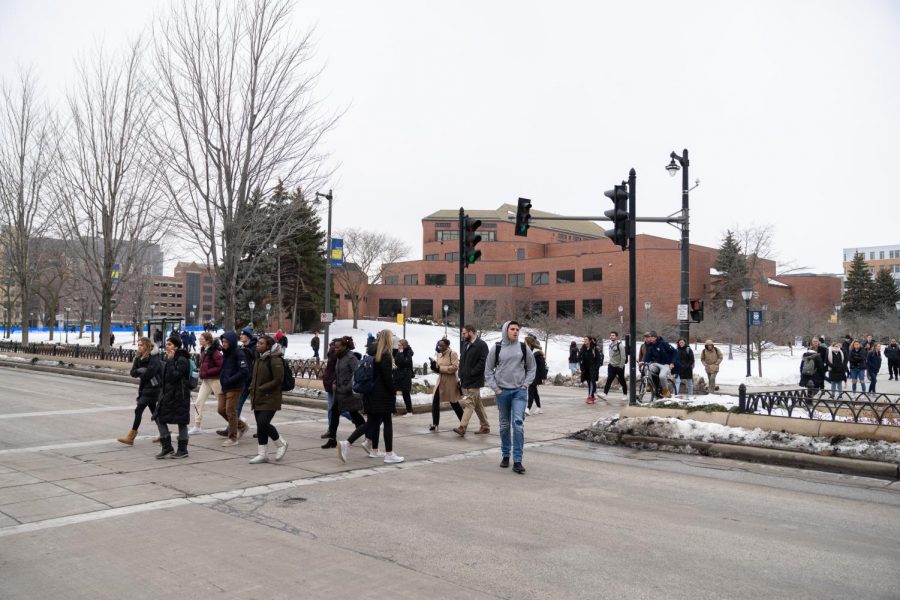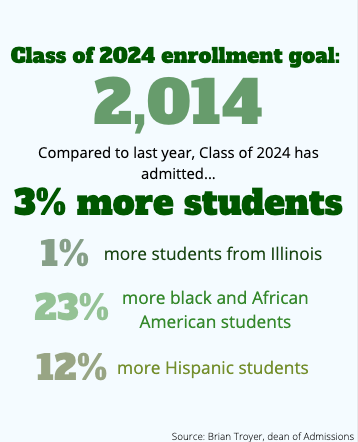Sometimes I think back to early March and laugh a little. I laugh at my fellow seniors’ anger over foreign exchange program cancellations and our schools’ reassurance that we’d be back in time for prom.
It’s the epitome of comedic irony — we all now know something so obvious and normalized that we were previously oblivious to. If there is some omnipotent being watching over us, it was doubled over in laughter during the entire month of March, for it knew what was coming next.
The second week of quarantine was when I realized how serious it all was. I, as well as many others, began reading article after article about the coronavirus. One that really struck me was an article by the New York Times titled “U.S. Virus Plan Anticipates 18-Month Pandemic and Widespread Shortages.”
I read it and burst into tears. It dawned on me that I was actually going to go through a pandemic — and it wouldn’t be over anytime soon.
However, as life in a pandemic has become normalized, I no longer feel upset over the things I missed out on. Even as my first year at Marquette continues to be far different than I ever imagined, I don’t feel like I’m being robbed of something. I wasn’t even sure I would be in school this semester, so I’m trying to appreciate the experience that I am having.
Changing one’s mentality to a state of healthy detachment will be an important step for many seeking to improve their mental health during the pandemic. People must accept that the pandemic is out of their control, yet recognize how many things are within their power to change, including their mindset.
Of course, it’s fine to feel upset because things aren’t going as expected. In fact, I would be scared of someone who wasn’t.
Jack Nitscke, a psychologist at the University of Wisconsin at Madison, says that uncertainty fuels a cycle of anxiety. As his research has shown, the brain fortifies neural pathways for whatever thought patterns we’re having. So, if we’re continually anxious, the brain attempts to uphold that feeling even after the anxiety-inducing situation is over.
While no one is at their best right now, that doesn’t mean we must remain hopeless and depressed. In fact, it is imperative that we find new coping mechanisms to avoid continued anxiety once the pandemic is over.
However, remaining detached is not the same as practicing avoidance coping mechanisms. Detachment is about looking at a situation more objectively and understanding where certain emotions come from. Avoidance is ignoring the problem and one’s emotions altogether.
Beth Meyerowitz, a professor of psychology at the University of Southern California, found through studies of cancer patients that those who have a high tolerance for uncertainty tend to use avoidance strategies. However, those who do this also have a higher degree of emotional distress than those who don’t.
Many Americans did and still do use avoidance to cope with the pandemic. At the beginning of the pandemic, many of us wanted to believe this would only last a few weeks. According to the Pew Research Center, many Americans still believe the pandemic isn’t as bad as it seems, but avoiding reality does not make it stop happening.
For those entering college, we cannot deny that our experience is very different from years prior. We can dwell on that, or we can recognize that a perfect end to our senior year and a perfect college experience was never promised in the first place.
Another piece of a detached mindset is letting go of expectations, both for the past and the present. It’s easy to get hung up on questions like “Why is a pandemic happening now?” or “Why is it happening to me?” Circling around questions with no answers will only lead to further anxiety.
The best thing to do with these anxieties is to let go of them and then turn the emotions that come with them into change. We’re in this situation and that’s depressing, but what is making it worse? What can we do to help slow the spread? What can we do to prevent another pandemic?
Rather than feeling hopeless and helpless, we must turn our frustrations into a force that can create a more just, sustainable and healthy world even after the pandemic is over. This can be a learning experience for us as individuals as well as citizens.
Finally, gratitude should not be negated when coping with the pandemic. Harvard Medical School reported that cultivating gratitude through journaling, saying thanks to others, meditating and a myriad of other practices leads to higher levels of happiness and well-being.
For me, gratitude doesn’t involve comparing my situation to others. I simply feel grateful for what I do have rather than resent myself for what I’m missing.
I might not get to go out with my friends, but it’s still nice to hang out in our dorms together. I’ve enjoyed hanging out in hammocks with friends from other residence halls, exploring different parks in Milwaukee and getting to know people on my floor. My first-year experience has just been more low-key, and I don’t mind that at all.
The nostalgia of the Class of 2024 won’t come in the form of wild parties, concerts or nights out, but instead in the connections we made despite our circumstances.
My college experience won’t be typical. However, I know I’ll be able to look back on it and feel proud that I got through it with a positive mindset.
This story was written by Jenna Koch. She can be reached at jenna.koch@marquette.edu


